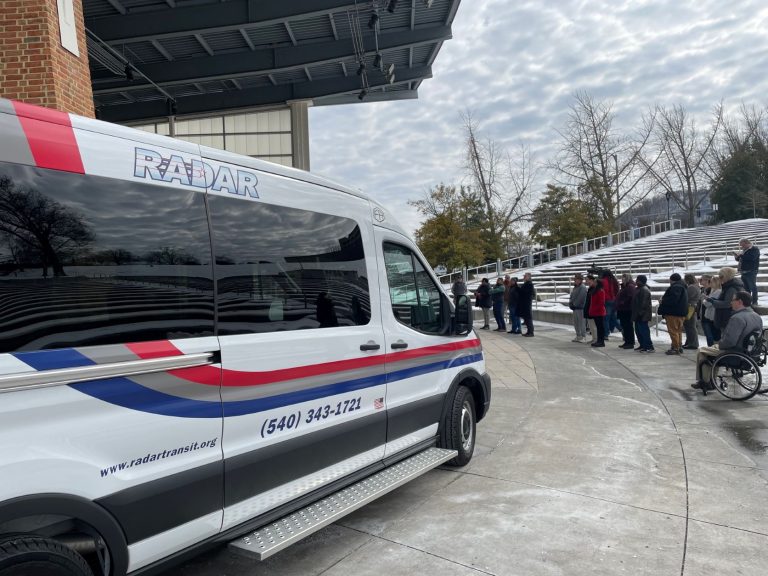
Virginia health officials are taking precautions due to Japan’s nuclear crisis, even though the state has not detected radiation levels that pose a threat to public safety. News/Talk 960’s Velvet Hall has more…
[audio:https://wfirnews.com/wp-content/uploads/2011/03/03-28-VA-RADIATION-2-WEB1.mp3|titles=03-28 VA RADIATION 2-WEB]
HEALTH OFFICIALS DISCUSS RADIATION MONITORING IN VIRGINIA
Multiple monitoring systems across the Commonwealth continue to show no levels of public health concern.
(Richmond, Va.)— “As a result of the incident with the nuclear power plant in Japan, several EPA air monitors have detected very low levels of radioactive material in the U.S.,” says State Health Commissioner Karen Remley, MD, MBA, FAAP. “To date, none of Virginia’s multiple monitoring systems has detected a level of radioactive material that would pose a public-health concern.”
“Recent reports of elevated levels of radioactive material in rainwater in Pennsylvania and Massachusetts have been expected, since radiation is known to travel in the atmosphere,” adds Dr. Remley, “however, we are not seeing that in any of the monitoring data for the state.”
In addition to the Virginia Department of Health’s (VDH) routine radiological monitoring, extensive routine monitoring is already being done in Virginia by the EPA, the Nuclear Regulatory Commission, Dominion Virginia Power, and the U.S. Military.
VDH is also regularly advising the Secretary of Health and Human Resources and the Governor’s Office on the status of monitoring and levels of radiation detected.
Although short-term elevations such as these do not raise public health concerns and are expected to be relatively short in duration, VDH is taking the following steps to resolve any concerns here in Virginia:
- VDH was scheduled to conduct routine quarterly radiological health division monitoring and is moving up that schedule by one week to begin on Monday, March 28. This routine monitoring checks radiation levels in air, drinking water, vegetation and milk at multiple sites throughout the state.
- VDH is working with the state’s laboratory to implement the proposed baseline testing plan for rainwater, drinking water, vegetation and milk. Further testing will follow as indicated based upon results of the baseline testing and ongoing monitoring. This is not a new protocol, but a standard VDH response when routine monitoring indicates a need to test further.
- VDH is advising residents that the state’s drinking water supplies remain safe, but reminds Virginians out of an abundance of caution they should avoid using rainwater collected in cisterns as drinking water.
- VDH is continuing to coordinate with federal and state partners to assure the safety and health of Virginians.
For more information:
- VDH at http://www.vdh.virginia.gov
- EPA at http://www.epa.gov/japan2011/
- CDC at http://emergency.cdc.gov/radiation/isotopes/iodine131surfacewater.asp
- U.S. Government response at http://www.usa.gov/Japan2011.shtml



